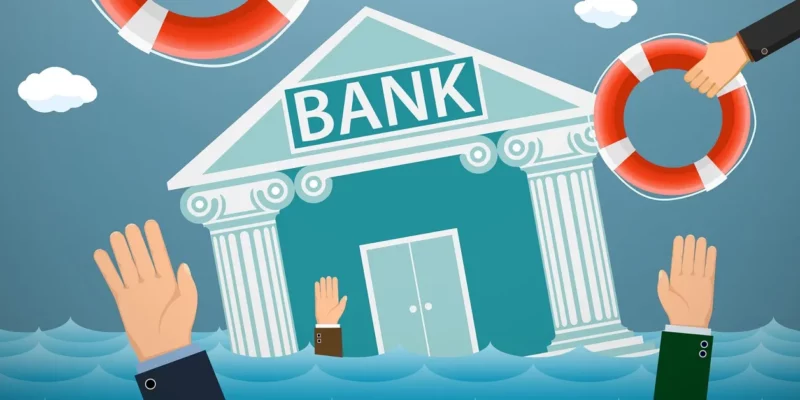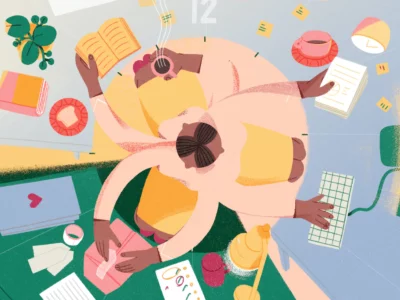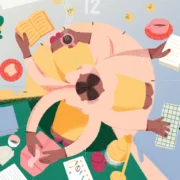
Today’s economic climate is unpredictable, from rounds of layoffs that started in 2022, to the collapse of 2 banks earlier this year (2023), Silicon Valley Bank and Signature bank. If you’re like me, you may be wondering what would happen to your loans or any other debts you have that your bank owns.
If a bank fails, there are different ways that your loan could be affected depending on the specific circumstances of the bank’s failure and the type of loan you have.
In general, if you have a secured loan, such as a mortgage or car loan, the collateral that secures the loan may be sold or transferred to another financial institution. This means that the loan would continue to be serviced by another lender, and you would continue to make payments as usual.
If you have an unsecured loan, such as a personal loan or credit card debt, it’s possible that the loan may be sold to another lender or collection agency. In this case, you would be responsible for continuing to make payments to the new owner of the debt.
If the bank fails and is taken over by the Federal Deposit Insurance Corporation (FDIC), a U.S. government agency that insures deposits in banks and savings associations, the FDIC will typically step in to ensure that depositors are able to access their funds and that loans are serviced by another financial institution. In some cases, the FDIC may arrange for another bank to take over the failed bank’s assets, including outstanding loans.
It’s important to note that even if a bank fails, you are still legally obligated to repay your loan. If the loan is sold to another lender or collection agency, you will need to continue making payments to avoid default and potential damage to your credit score.
In short, if a bank fails, your loan will not disappear unfortunately. The bank’s assets, including your loan, will be transferred to another bank or financial institution. This process is called receivership or liquidation. The new institution will take over the bank’s assets and liabilities, including your loan. You will continue to make your payments as usual, but the new institution will be your creditor instead of the original bank.










